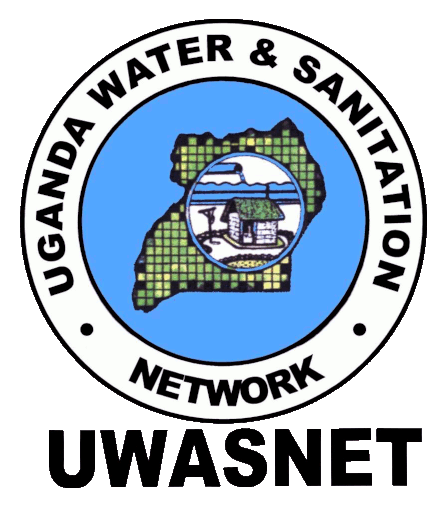
The 4th edition of the Uganda Water and Environment Week commenced on March 21st, 2021 and will run up to March 26th, 2021.
The 4th edition of the Uganda Water and Environment Week commenced on March 21st, 2021 and will run up to March 26th, 2021.
As part of the UWEWK a number of dialogue sessions are planned under four sub-themes including side evets, parallel sessions, applied trainings and virtual field visits.
UWASNET has a side event taking place on March 24th, 2021 from 2pm – 5pm under the theme, “Addressing Climate Change impacts and their causes towards sustainable water and environment resources management and use’.
As part of UWEWK, UWASNET with support from the Ministry of Water and Environment, SIMAVI, Lifewater, The Water Trust are spearheading the development of The Water Front newsletter with daily highlights from the different session. Please find attached highlights from Day 1 – the opening ceremony of the UWEWK 2021.
You can download the UWEWK newsletter here https://uwasnet.org/wp-content/uploads/publication/UWEWK-2021/Final-21032021.pdf
You can download the UWEWK program here https://uwasnet.org/wp-content/uploads/publication/UWEWK-2021/UWEWK-PROGRAM-2021.pdf
The Uganda Water and Environment Week (UWEWK) is a week-long event organized by Ministry of Water and Environment (MWE) through the Water Resources Institute (WRI). The UWEWK opened today March 21st, 2021 and will run up to March 26th, 2021 under the theme, ‘Water and Environment Security for Socio-Economic Transformation of Uganda,’
UWEWK focusses on improving understanding of the centrality and value of water and environment resources for transforming Uganda’s economy and improved livelihoods.
Since its inception in 2018, the week-long event seeks to contribute towards the attainment of sustainable socio-economic transformation and achieving Ugandan National Development Plan and vision 2040. It provides an interface between sector actors and other stakeholders for knowledge exchange, dialoguing, learning for improvement of Uganda’s water and environment resources.
UWEWK 2021 explores the role water and environment resources play in:
i. Increasing investment in value addition to environment and natural resources products and services,
ii. Promoting natural resource accounting, to improve the national income measurement,
iii. Promoting research, innovation and adoption of green appropriate technology to foster sustainable use and management of water and environment resources and
iv. Reducing human and economic loss from natural hazards and disasters
Recognising the need to meet the Standard Operating Procedures (SOPs) to prevent the spread of Covid-19, the event is organised as hybrid with a mix of physical and virtual participation. Physical participation at the MWE Headquarters in Luzira will be by invitation only.
The Guest of Honour for the opening ceremony was Rt. Hon. Dr. Ruhakana Rugunda, the Prime Minister of the Republic of Uganda.
The UWEWK has four sub-themes namely;
i. Valuing Water and Environment resources; which focuses on sustainable use and value addition to water resources, forests, wetland, rangelands and other natural resources for increased incomes and employment.
ii. Water and environment in a creative economy creates awareness on creative economy also known as knowledge and innovation economy, an evolving concept which builds on the interplay between human creativity and ideas, intellectual property, knowledge and technology.
iii. Dealing with water and environment shocks focusing on how societies should manage and develop their water and environment resources to address risks associated with climate change at the same time improving people’s livelihood.
iv. Ensuring water and environment security for sustainable urban growth focuses on innovation within the urban setting that will involve appropriate technologies in terms of: i) environmental concerns (air pollution, water and soil contamination); ii) poverty reduction and employment generation; iii) economic sustainability (cost benefit, short to long term) and iv) environmental sustainability (resource savings and reclamation, reduction in greenhouse gases (GHG) emissions) among others.
